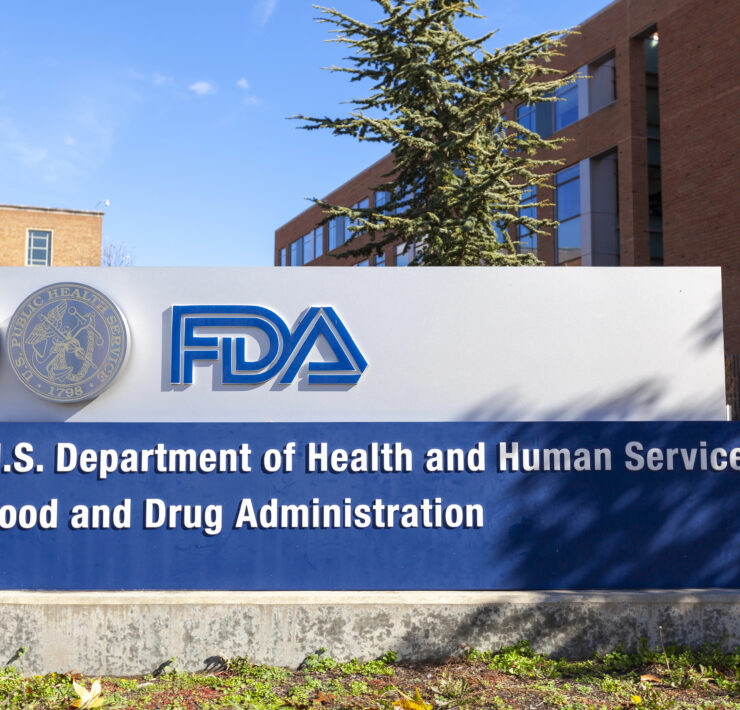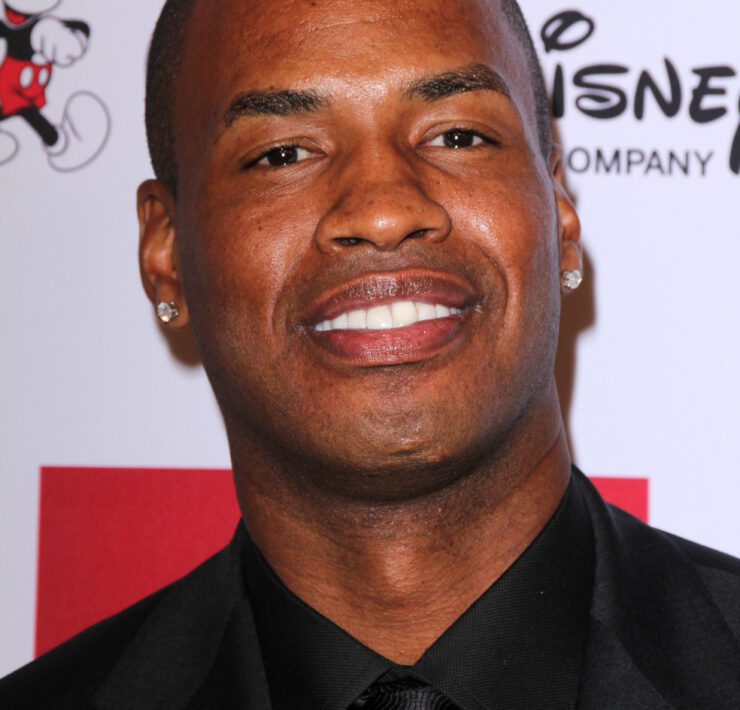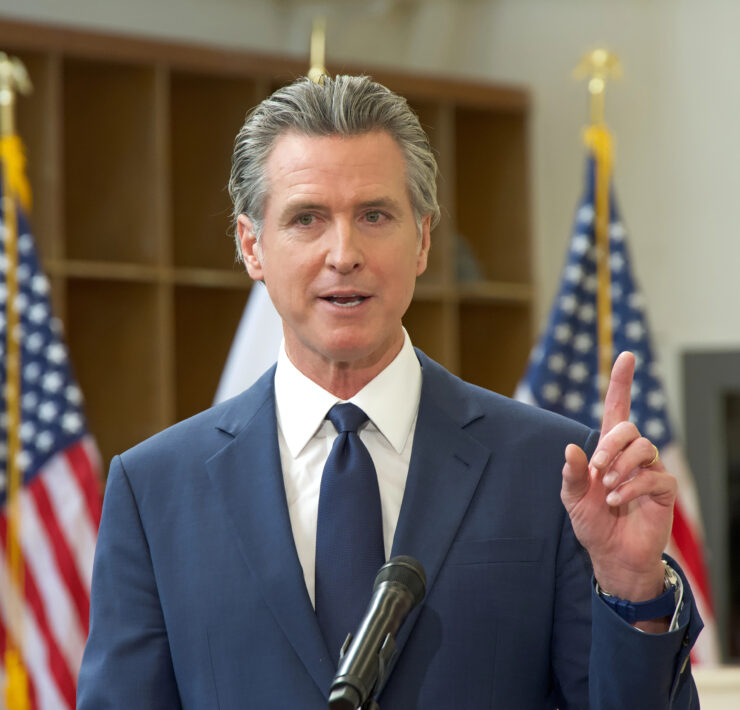Walking Out on Dave Chapelle’s ‘The Closer’

The new documentary on Netflix called The Closer by Dave Chapelle is a rollercoaster. Netflix CEO Ted Sarandos said in a recent interview “Obviously, I screwed up that internal communication.” What Sarandos is referring to is the internal memo he sent out regarding the show and how it may impact employees and the public.
The Closer
The new documentary called The Closer was intended for Chapelle to close out his comedy tour with clarification and understanding of what he had said in a previous Netflix show called The Disclosure. The comedy icon made controversial remarks about the LBGTQ community that led to many in the community feeling attacked, especially trans people. During his previous comedy tours, he had poked fun on six separate shows at the LGBTQ community. The Closer was going to set the record straight on his remarks and the intentions of it.
According to Vulture, many of the things said were to bring equal comedy to all aspects of Chapelle’s dialogue. Chappelle is no stranger to the controversy around comedy. His acts are meant to be funny, but can also be very raw and very dark. In one of his stand-ups, he focused on sexual assault and Bill Cosby, shocking many in the crowd.
A recent article by one of our journalists covered defending Chappelle and the complications with it. The story talks about the constant, problematic issues that the show has created and that previous shows have set a precedence for.
On October 11, a trans employee named Terra Field from Netflix was fired for publicly speaking out against releasing the Chappelle show.
I work at @netflix. Yesterday we launched another Chappelle special where he attacks the trans community, and the very validity of transness – all while trying to pit us against other marginalized groups. You’re going to hear a lot of talk about “offense”.
We are not offended ????
— Terra Field (@RainofTerra) October 7, 2021
According to an interview by Them, Sarandos says, “Of course storytelling has real impact in the real world. I reiterate that because it’s why I work here; it’s why we do what we do. That impact can be hugely positive, and it can be quite negative.”
On October 20, a walkout happened after many of the trans employees at Netflix learned that the show was released and that the embattled CEO and Netflix team were not going to stop the release from happening. The organizer of the walkout was fired from Netflix. During the walkout, she talked about the experience:
“I’ve invited Dave Chappelle to have transformative dialogue with us…and he has made it clear that it is not of interest to him,” says #NetflixWalkout organizer Ashlee Marie Preston. “This isn’t cancel culture, but an avoidance of accountability.” https://t.co/OsrDv4QD1O pic.twitter.com/RTxo2rHAc9
— Variety (@Variety) October 20, 2021
Is it Hate Speech?
CEO Sarandos said during an interview with Variety that “Under the definition of ‘does it intend to cause physical harm?’ I do not believe it falls into hate speech.”
How do you define hate speech v. freedom of expression? The United States Supreme Court has ruled on several cases that the definition is broad. For it to be considered hate speech, Chappelle would have to meet the criteria that he was intentionally and deliberately targeting the trans and LGBTQ community. Since The Closer‘s opening, he claims that it was intended for equal expression of comedy.
However, not everyone would agree with this definition.
ACLU has worked on cases related to freedom of expression. A case that defined many areas of speech was New York Times Co. v. Sullivan (1964). According to that case, there has to be “actual malice,” i.e.: “knowledge that the statement was false or with reckless disregard of whether it was false or not.” Other kinds of “libelous statements” are also punishable.
According to ACLU, in the case of 1973, Miller v. California decision, the Court established three conditions that must be present if a work is to be deemed “legally obscene.” It must 1) appeal to the average person’s prurient (shameful, morbid) interest in sex; 2) depict sexual conduct in a “patently offensive way” as defined by community standards; and 3) taken as a whole, lack serious literary, artistic, political, or scientific value. Attempts to apply the “Miller test” have demonstrated the impossibility of formulating a precise definition of obscenity. Justice Potter Stewart once delivered a famous one-liner on the subject: “I know it when I see it.” But the fact is, the obscenity exception to the First Amendment is highly subjective and practically invites government abuse.”
Chapelle claims that The Closer is meant to challenge public thinking, challenge our understanding of comedy, and ensure that people can still freely express their views or opinions without the fear of being “canceled.” but that has impacts on those who have faced racism, homophobic targeting, and many other forms of discrimination.
The Impact on LGBTQ Folks
“Sometimes, and we do make sure our employees understand this, because of that—because we’re trying to entertain the world, and the world is made up of folks with a lot of different sensibilities and beliefs and senses of humor and all those things—sometimes, there will be things on Netflix that you dislike,” Sandros says. “[Things] that you even find to be harmful.”
Netflix has and always will be a platform for shows that help us understand the world around us. But the impact these takes can have on the LGBTQ community is significant.
According to another article written by OFM, The Williams Institute released a new study revealing some all-too-familiar results for those in the LGBTQ community: 45.5 percent of LGBTQ employees “reported experiencing unfair treatment at work, including being fired, not hired, or harassed because of their sexual orientation or gender identity at some point in their lives.”
The article continued, “The Williams Institute also reported that the discrimination against transgender employees was higher than their cis co-workers. Transgender employees were also significantly more likely to experience discrimination based on their LGBT status than cisgender LGB employees: Nearly half (48.8 percent) of transgender employees reported experiencing discrimination (being fired or not hired) based on their LGBT status compared to 27.8 percent of cisgender LGB employees. More specifically, over twice as many transgender employees reported not being hired (43.9 percent) because of their LGBT status compared to LGB employees (21.5 percent).”
The impact on the mental toll of being targeted and discriminated against, regardless if it falls under freedom of expression, can still take a serious toll on the LGBTQ community.










